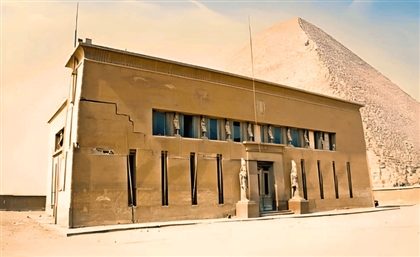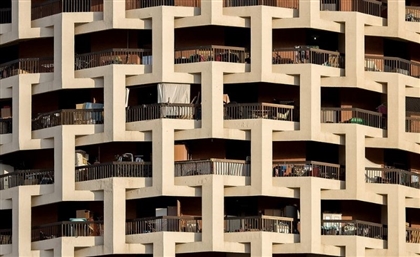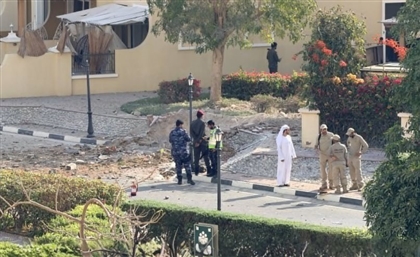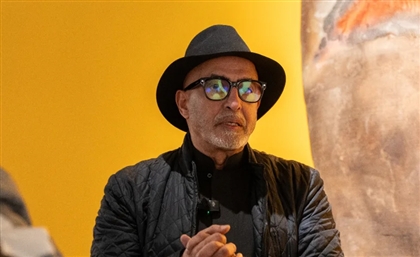Yalla Kafala Introduces Family-Centered Alternative to Orphanages
Each ‘Little Home’ houses six children, paired with a foster mother fully supported by Yalla Kafala.
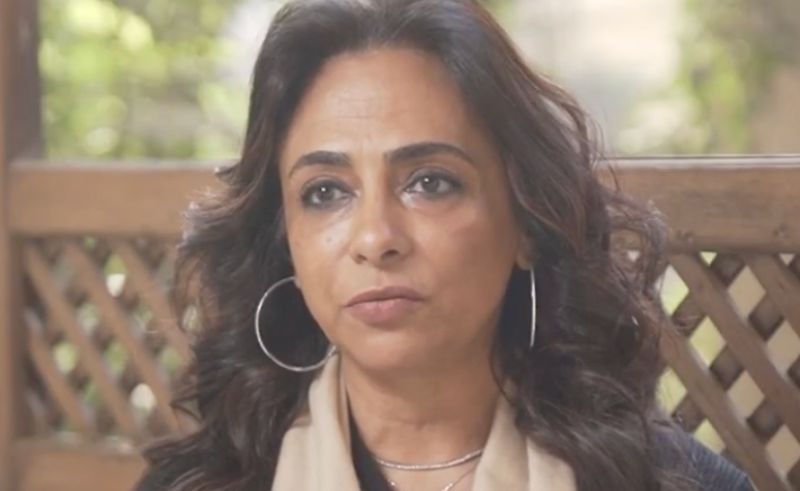
"A home is more than just a house," Rasha Mekky, Founder of Yalla Kafala, tells CairoScene.
Despite its potential to change lives, awareness of kafala remains limited. That’s where pioneers like Rasha Mekky step in. A mother through kafala herself, Rasha founded Yalla Kafala in 2020 to champion the cause, simplify the process, and guide families through it.
In this #CairoScene interview, Rasha Mekky and Azza Eid, a foster mother at Yalla Kafala, discuss their work, their latest initiative, The Little Home, and their vision for an Egypt where no child grows up alone.
"When I started Yalla Kafala, my sole mission was to place every child in institutional care into a family home. I firmly believe that every child deserves a family, a place where they have grandparents, uncles, aunts, and siblings. But after two years of working in the field, I realized that not all children in orphanages can be placed through kafala due to various circumstances," Mekky explains.
Institutional orphanages struggle to provide personalized care. With dozens, sometimes hundreds, of children in a single facility, caregivers are stretched thin, focusing on basic needs rather than emotional and psychological development. There are 1,430,000 orphans in Egypt. Seventy percent of them lost their father, 27 percent lost their mother, and three percent lost both parents, according to Egypt’s Ministry of Social Solidarity. The ministry also reported that most of them remain reliant on government-funded programs.
The Little Home takes a different approach. Designed to mimic a family setting, it houses small groups of children with dedicated foster mothers. Here, kids grow up in a stable, nurturing environment, forming real bonds that prevent them from feeling like outsiders.
Each Little Home accommodates six children under the age of two, cared for by foster mothers who receive full support from the foundation. Unlike traditional orphanages that allow visitors to come and go freely, The Little Home prioritizes the children’s privacy. "These kids are a family, and families deserve respect and boundaries," Mekky explains.
Success isn’t just about providing shelter; it’s about stability. "The most important factor is making sure our foster mothers feel secure enough to stay long-term. Children need consistency. They can’t form healthy bonds if caregivers leave after a year," Mekky tells CairoScene and Alfasla.
Despite initial backlash, Mekky remains steadfast. "At the start, I faced a lot of backlash. People called me out, claiming what I was doing was religiously forbidden. But things are changing, more people now understand that kafala is different from adoption. When someone criticizes us online today, I see countless others stepping in to explain why it’s not haram," she adds.
Initially, most kafala applications came from single women or couples struggling with infertility. Today, more families with biological children are choosing to foster additional children. "Now, we even have waiting lists—families sometimes wait up to ten months for a match," Rasha shares.
"I dream of a future where institutional orphanages don’t exist at all, only small-sized, nurturing family homes where every child is cared for as if they were born into it," Mekky says.
For foster mothers like Azza Eid, caring for these children isn’t just a responsibility, it’s a calling. "I don’t just care for these kids, I raise them. I teach them, love them, play with them, and guide them just like any biological mother would," Eid tells CairoScene and Alfasla.
Her journey started long before she joined The Little Home. "As a child, I used to ask my father why some kids in the park didn’t have parents to buy them toys like he did for us. That question stuck with me. My dream was always to create a home where every child could feel safe and loved," she says.
Every moment with the children is meaningful: "At dawn, I wake up to find them staring at me, waiting for me to get up. When I pray, they climb onto my back, nagging ‘Mama, why aren’t you answering?’" she laughs. "And when I pick them up from nursery school, the joy on their faces is enough to brighten my entire day."
Becoming a foster mother comes with unique challenges. "When I joined The Little Home, I had experience with older children, but these babies were so young, I didn’t know how to handle many of their needs," Eid recalls.
Support and training from Yalla Kafala helped her adapt. "We sat together, shared our struggles, and found solutions as a team. The training helped me understand their behaviours and how to meet their emotional needs," she says.
Not everyone in her life was supportive at first. "My family didn’t understand why I would leave home to ‘raise other people’s kids.’ They said no one would marry me if I stayed in this job. But I didn’t care, I knew I was exactly where I was meant to be," Eid asserts.
For Azza, the most rewarding part of the journey is being called "Mama." "That word fulfils me completely. And when they start copying the things I do—like the way I hang laundry—it’s the best feeling in the world," she shares.
She believes in leading by example. "I used to be impatient, always in a rush. Then one day, I saw one of the girls copying my behaviour, rushing around just like I did. That’s when I realized, I needed to be the role model they deserved."
Reflecting on her experience, Azza has no doubts. "If I could go back in time, I would have started this journey earlier. It’s the most fulfilling experience of my life. Even on my hardest days, one hug from them makes everything worth it," she says.
Since its founding in 2020, Yalla Kafala has evolved from a grassroots initiative into a movement. What began as an awareness campaign now operates in both Egypt and the U.S., with ambitious plans ahead. "In the next ten years, we aim to open 30 Little Homes across Egypt," Mekky reveals.
To support Yalla Kafala, you can donate via this PayPal link. You can also contact their team to arrange an in-person donation pickup.
- Previous Article United States Government Halts UNRWA Funding
- Next Article Inside Egypt’s Seven UNESCO World Heritage Sites










